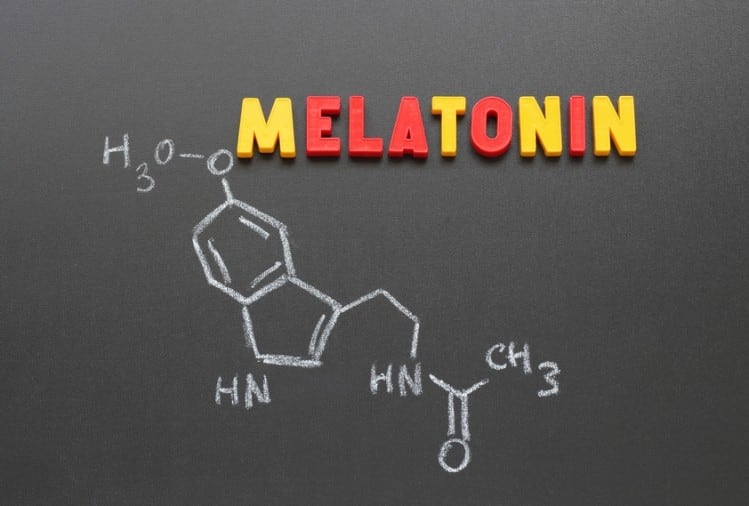The hormone melatonin, produced naturally in the pineal gland, helps to regulate the circadian rhythm or natural sleep cycles through its release when the body is exposed to a dim or dark environment. Consumers often use melatonin products to stimulate production of the hormone in cases of disrupted sleep cycles and as such, can be used to treat jetlag as it can reset what many call the ‘body clock’.
A private applicant has submitted a proposal for the rescheduling of immediate-release melatonin to treat jetlag. The current TGA scheduling permits modified-release tablets containing no more than 2 mg of melatonin for “monotherapy for the short-term treatment of primary insomnia” for adults aged 55 and above, “in packs containing not more than 30 tablets”.
The proposed rescheduling intends to include “divided preparations containing 5 mg or less of melatonin, in packs of no more than 10 dosage units, for adults aged 18 and over” to treat jet lag. This will grant the aforementioned age group access to melatonin without a prescription, so long as they first consult with and are given the green light by a pharmacist.
One of the applicant’s reasons for the proposal was that melatonin had a good safety profile, with a low toxicity risk in the event of acute use and no new evidence to the contrary. Furthermore, the rate of adverse events reported in clinical trials was reportedly “lower in the melatonin group than the placebo group”.
The applicant further stated that melatonin was currently limited to homeopathic formulations or through Australia’s Special Access Scheme (SAS). The former was said to be “largely ineffective and not recommended by Australian guidelines”, while the latter placed “undue burden on doctors, patients and regulators to access a safe and effective medication for treatment of a short-term condition”.
With jetlag symptoms typically lasting no longer than a week, the applicant expects melatonin treatments to remain short-term, hence the proposed pack size of 10 dosage units. They also believe a rescheduling would offer consumers “the benefits of increased access to this therapy” while also providing “the safeguards of pharmacist oversight until sufficient local experience is obtained with immediate-release melatonin for the management of jetlag in adults”.
Enter the extract
The Department of Health and Aged Care has proposed that green tea extract be included in the Poisons Standard in preparations for internal use, except when labelled with specified warning statements. Currently, green tea extract is not scheduled in the Poisons Standard, and this amendment would remove green tea products without the specified warning labels from general sale.
These warning labels were specified in the proposal as “take with food” and “WARNING: Green tea extract (Camellia sinensis) may harm the liver in some people. If you experience yellowing of the skin / eyes, dark urine, discoloured stool, nausea, vomiting, unusual tiredness, weakness, abdominal pain and / or loss of appetite, stop using this product and see your doctor.”
A variety of therapeutic goods and foods contain green tea extract, especially those categorised as sports supplements. While Food Standards Australia New Zealand (FSANZ) permits the production and sale of tea as the product made from the leaves and buds of Camellia sinensis, green tea extracts are not allowed for use in foods.
Reviewing and reasoning
In 2018, the Department of Health and Aged Care (then known simply as the Department of Health) conducted a review to determine the association of hepatotoxicity in adverse events reported after the use of Australian medicines containing green tea extract.
This review was supported by an earlier review conducted by Health Canada regarding Canadian medicines in 2017.63 Following the evaluation from the Department of Health, the European Food Safety Authority (EFSA) published a review that established EGCG’s capability of inducing dose-dependent liver associated injuries.


